

Today we’d like to introduce you to Scott Ferris.
Hi Scott, thanks for joining us today. We’d love for you to start by introducing yourself.
Thank you for the opportunity to talk about Family Promise of the Triangle. I am Executive Director Scott Ferris, I have had the pleasure of serving the families of our community in this role for more than three years. I have dedicated my career to helping at risk children and their families improve their lives and through that, build stronger and healthier communities. After 32 years in Ohio’s children protective services field, I retired and moved to Raleigh, NC. I have had some experience with starting a Family Promise affiliate there and when I moved here and saw that there was an opening with Family Promise of the Triangle, I jumped at the chance to apply. This organization is served by so many tremendously passionate employees, board members and volunteers. The community support is amazing!
Now, I would like to tell you more about our nonprofit organization.
In the spring of 199.3, Wake Interfaith Hospitality Network (WIHN) principal founder Max Powell called to say that he was working on an exciting project to help homeless families achieve independent living. Max explained that Karen Olsen, founder of the Interfaith Hospitality Network movement, had been to Raleigh to meet with the United Methodist’s Raleigh Board of Missions to present the program and to propose that a network be established in Raleigh. The rest is history – Max received Incorporation from the State of North Carolina and 501(c)(3) status from the Internal Revenue Service. At the first meeting of Trustees in November 1993, a target opening date of July 1994 was set, contingent upon reaching three goals: having enough congregations to host up to five guest families each evening,
At the first meeting of Trustees in November 1993, a target opening date of July 1994 was set, contingent upon reaching three goals: having enough congregations to host up to five guest families each evening, having a day center that could provide an office for a director and living space for families during the day, and raising enough funds to operate the network for six months. In May 1994, sufficient host congregations had been recruited, and Edenton Street United Methodist Church offered their carriage house to be the Day Center for $1.00 per year. One problem persisted – trustees still lacked $15,000 to be able to complete the budget and hire a director. The budget problem was solved when the A. J. Fletcher Foundation approved a grant for WIHN. A frenzy of interviewing led to the hiring of the first director and only employee, Rebecca Bresee.
The first family came to WIHN in July 1994 from a Red Cross referral, parents, and five children under the age of six. Their trailer had burned, along with all of their belongings. This family, with help and guidance, returned to independent living. The network filled quickly to the five-family capacity. After about a year of operation, the first case manager, Michele Rogala, was hired. Her office was literally made from a small closet!
Trustees were involved in day-to-day operations in the early days with activities such as moving beds between churches on Sundays, driving the vans between the Day Center and churches, working with Rebecca to set up client record-keeping, and volunteering at the Day Center, along with fundraising, keeping financial records, and recruiting additional congregations.
In January 1997, Trustees decided to increase the capacity of the network. In November 1997, the current Day Center was purchased, increasing the size from 850 square feet to over 6000 square feet. Renovations were done beginning in the spring of 1998, including the addition of six bathrooms. The number of host congregations was doubled, along with beds and vehicles for transporting guests and beds. The number of staff members was increased to be able to support the additional guests and about 2500 volunteers, culminating in the opening of the new Day Center in July 1998.
A capital campaign co-chaired by Elizabeth and David Beam was initiated in 1998 to pay for the new building. Many campaign volunteers and generous donors enabled the building to be paid for in about three years. Another few years saw the loan for the renovations paid off. Today, WIHN is prospering through a dedicated staff of six 2500 volunteers who are members of loving congregations and the community at large and a committed board of directors.
In 2011, WIHN implemented a transitional housing program. More than just an expansion of our emergency family shelter, families live in a transitional housing apartment for nine to twelve months, where the shelter program is two to three months. In this program, families gain and secure employment, erase bad credit and rental arrears, participate in volunteer-led life skills classes, and invest in an escrow. There are 12 three-bedroom/three-bathroom apartments.
In 2018, we changed our name to Family Promise of Wake County. We also implemented a shelter diversion program. Known as Rapid Rehousing, we work with families who are experiencing temporary homelessness, who are staying in a motel, with a friend, or living out of their car to quickly find new housing.
During the pandemic, our congregational network could no longer host families at the churches. We converted 4 of our 12 apartments in our temporary housing building into static shelter apartments. We are continuing to provide this static shelter model. Our network of 50 church congregations continue to sign up for host weeks and now bring dinner, groceries, activities, and fellowship to our families.
Also, during the pandemic, we implemented a homeless prevention program known as “A Hand Up.” This program will provide one-time financial assistance to a family facing eviction and a period of case management. We receive referrals from Wake County School Social Workers and coordinate the family’s case management services. This program highlights our shift from providing reactionary programming to proactive programming. An eviction can cause serious and long-lasting trauma to a child. In cooperation with our generous community, we can prevent a child from experiencing this trauma. National studies have revealed that children who experience homelessness are eight to nine times more likely to repeat a grade in school, three times more likely to be enrolled in special education classes, 47% more likely to suffer from anxiety and depression, and seven times more likely to attempt suicide.
We also implemented Safe @ Home, a prevention program specifically for families that have left our shelter. This program offers ongoing case management services and one-time financial assistance. Countless studies have shown that a person or family that has experienced homelessness is more likely to experience it again as compared to someone who has not experienced homelessness. Both of our two homeless prevention programs are funded solely by individual and organizational donations.
As we move into our thirtieth year of operation, we have grown from one program providing emergency shelter to families to six programs where more than two-thirds of the families we serve are in our shelter diversion and prevention programs, avoiding an unnecessary stay in a shelter. We have again changed our name to Family Promise of the Triangle as we are now helping families in securing permanent housing across the Triangle and beyond.
In November, we were blessed to receive a $1 million donation from the Jeff Bezos Day 1 Families Fund. We were honored to be invited to apply for these funds by Day 1. Family Promise of the Triangle was selected as a Day 1 Families Fund grant recipient by a group of national advisors who are leading advocates and experts on homelessness and service provision. National advisors brought expertise on housing justice, advancing racial equity, and helping programs employ resources effectively to assist families out of homelessness.
Alright, so let’s dig a little deeper into the story – has it been an easy path overall, and if not, what were the challenges you’ve had to overcome?
The COVID epidemic initially presented many program obstacles. We had to convert our rotational shelter program to a static shelter program. Churches could no longer host homeless families onsite. We maintained our shelter seven days a week. This required staff to work onsite at the shelter. We experienced nearly a 100% staff turnover. As a small nonprofit organization, many of our staff our young parents who now had to work from home as school, moved online during the pandemic. However, we recruited and retained high-quality staff, which led to serving more families in 2022 than ever before and the implementation of new programs.
Appreciate you sharing that. What else should we know about what you do?
We are one of only two family shelters in Wake County. We are the only shelter that lets the families define themselves. Even though we are a small non-profit organization with six full-time staff and one part-time office manager, we have five employees with a master’s degree. We are experienced social workers with a deep understanding of children and trauma and are building a trauma-informed organization. Our board of directors is committed to retaining quality staff. They understand that an organization with a low turnover rate is able to invest precious time and energy into program implementation, evaluation, and improvement, not in employee hiring and onboarding.
If you had to, what characteristic of yours would you give the most credit to?
Our success would not be possible without the immense support and generosity of our community. Our families exit to permanency at a 77% rate compared to the national average of 53%.
Contact Info:
- Website: www.familypromisetriangle.org
- Facebook: Family Promise of the Triangle
- Linkedin: https://www.linkedin.com/company/family-promise-of-the-triangle
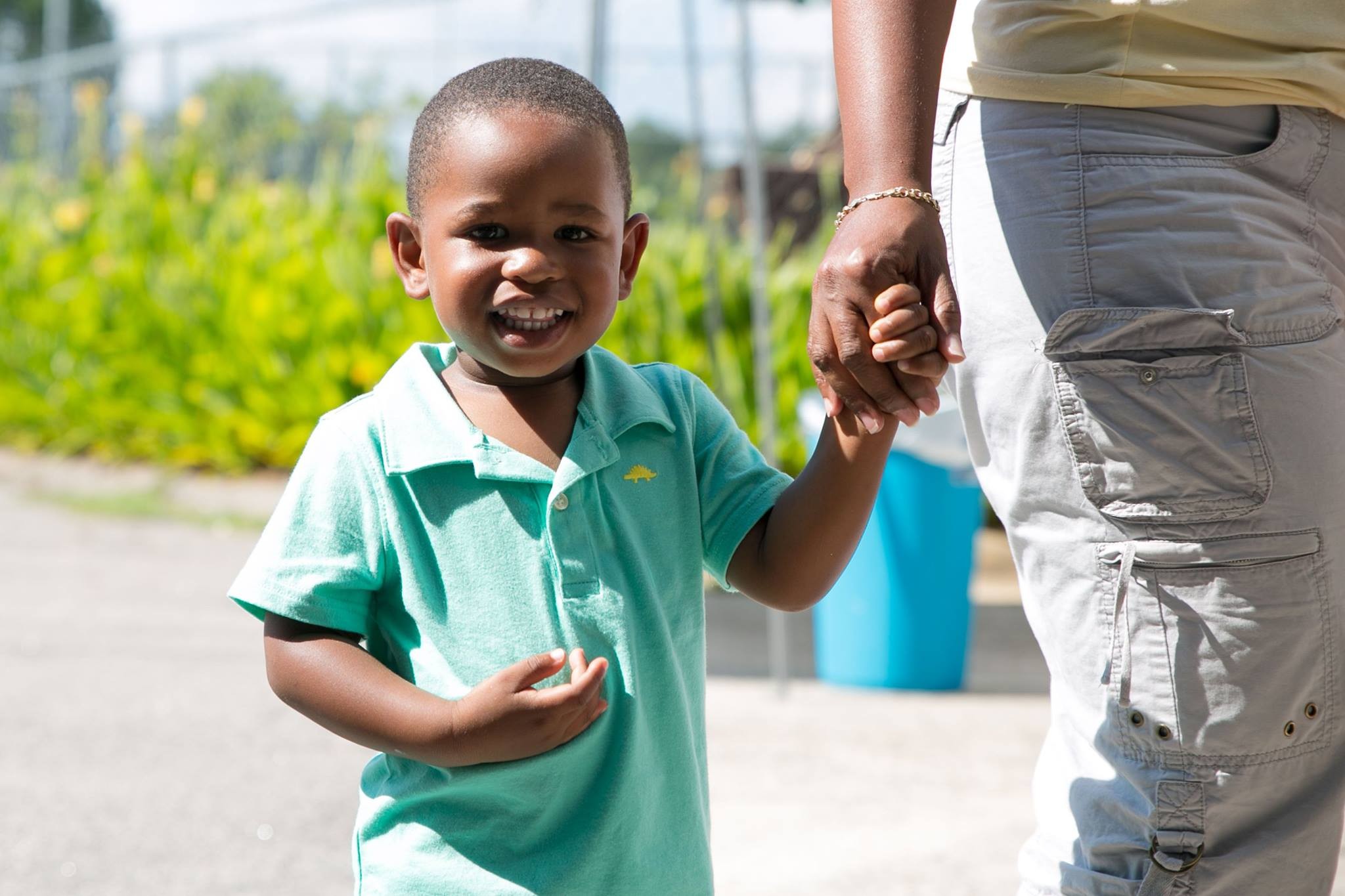
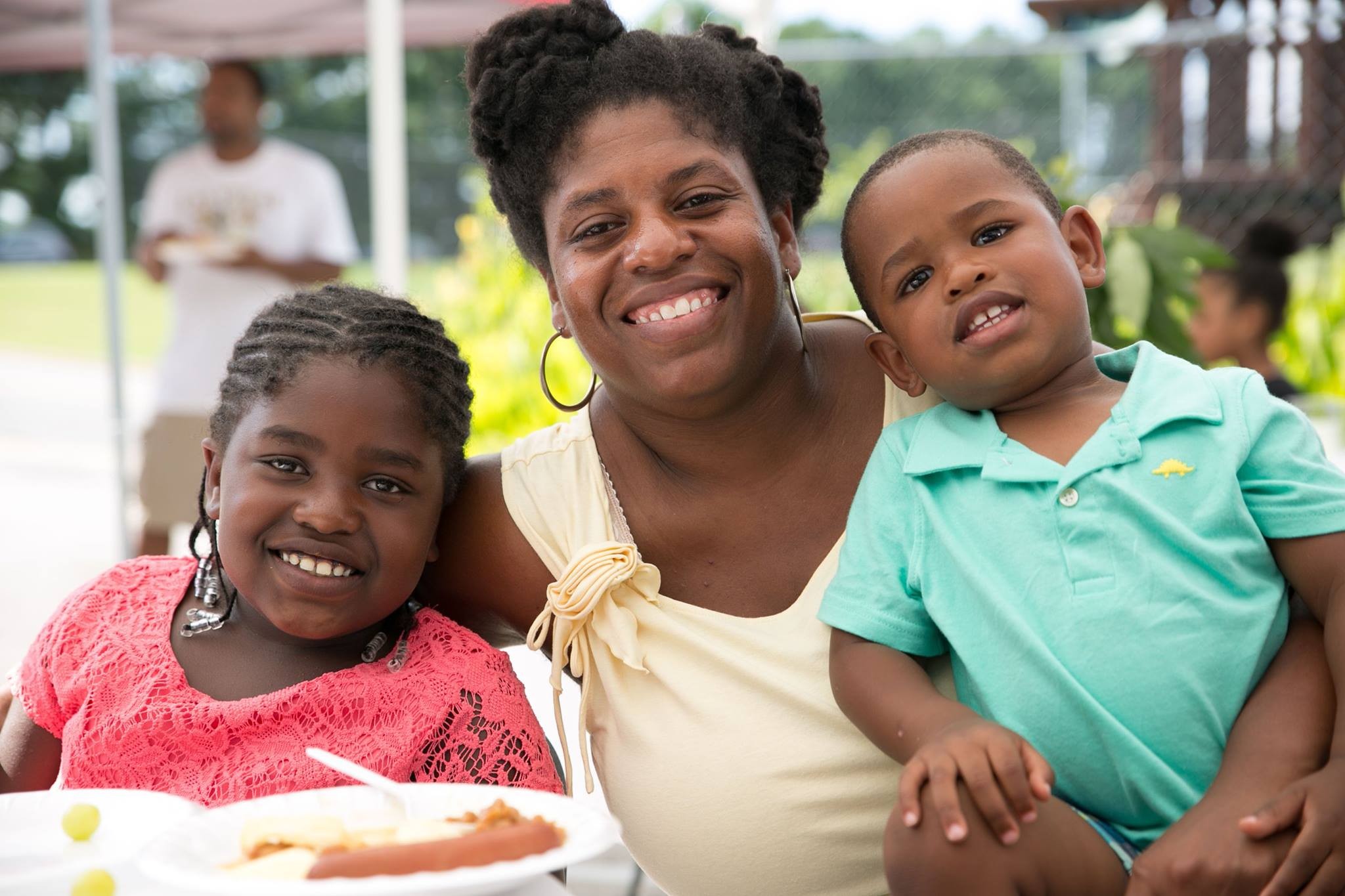
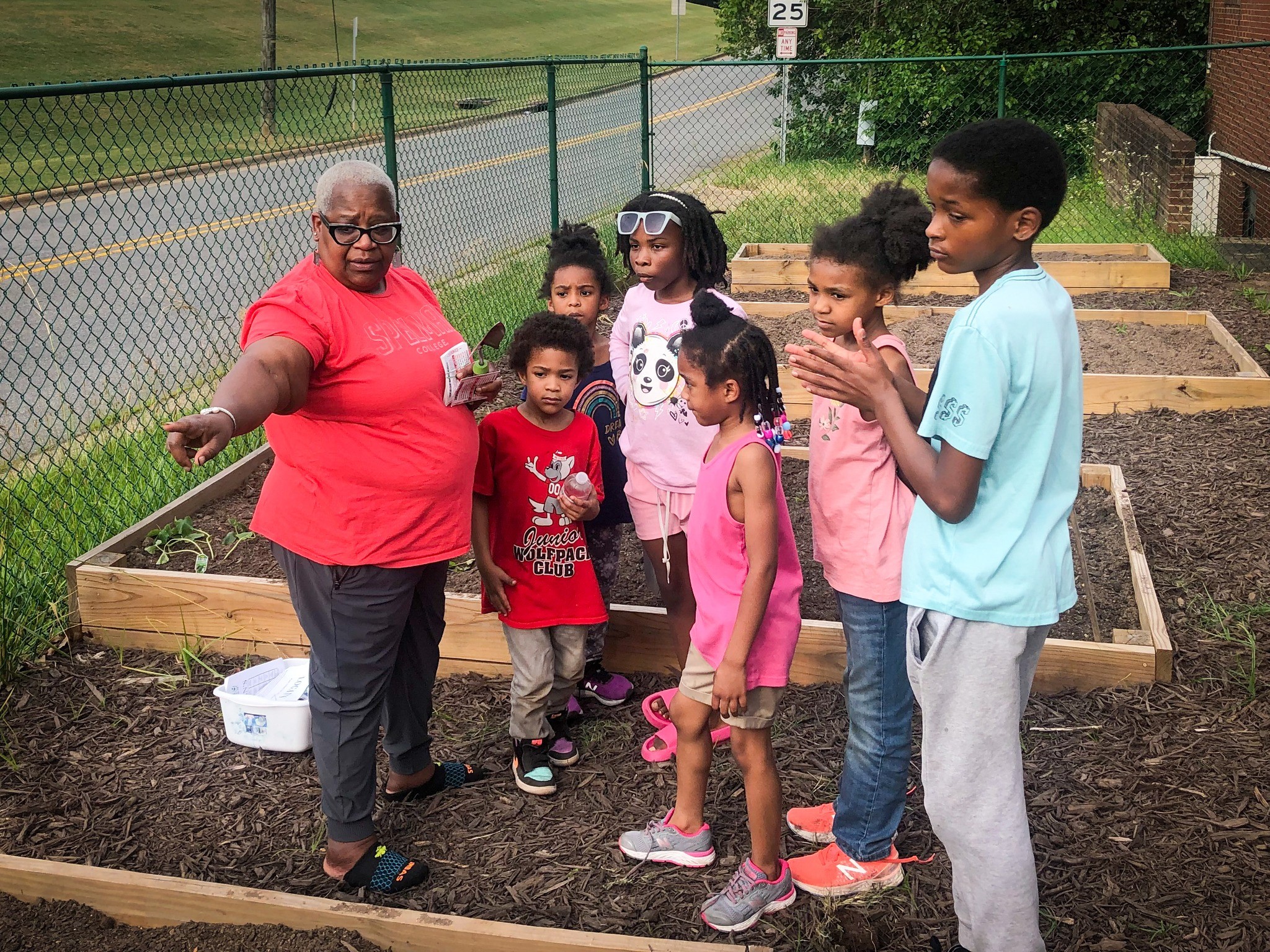
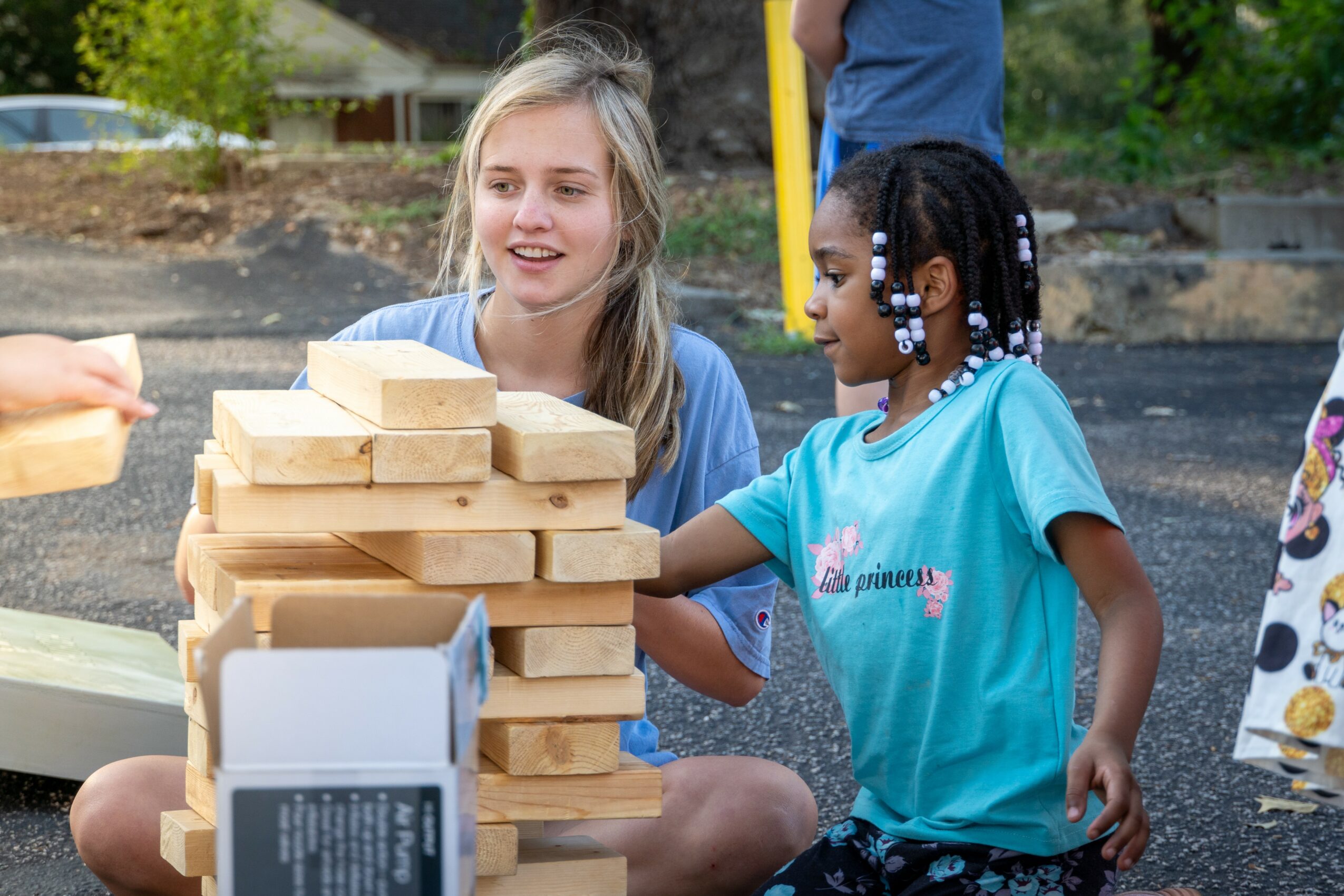

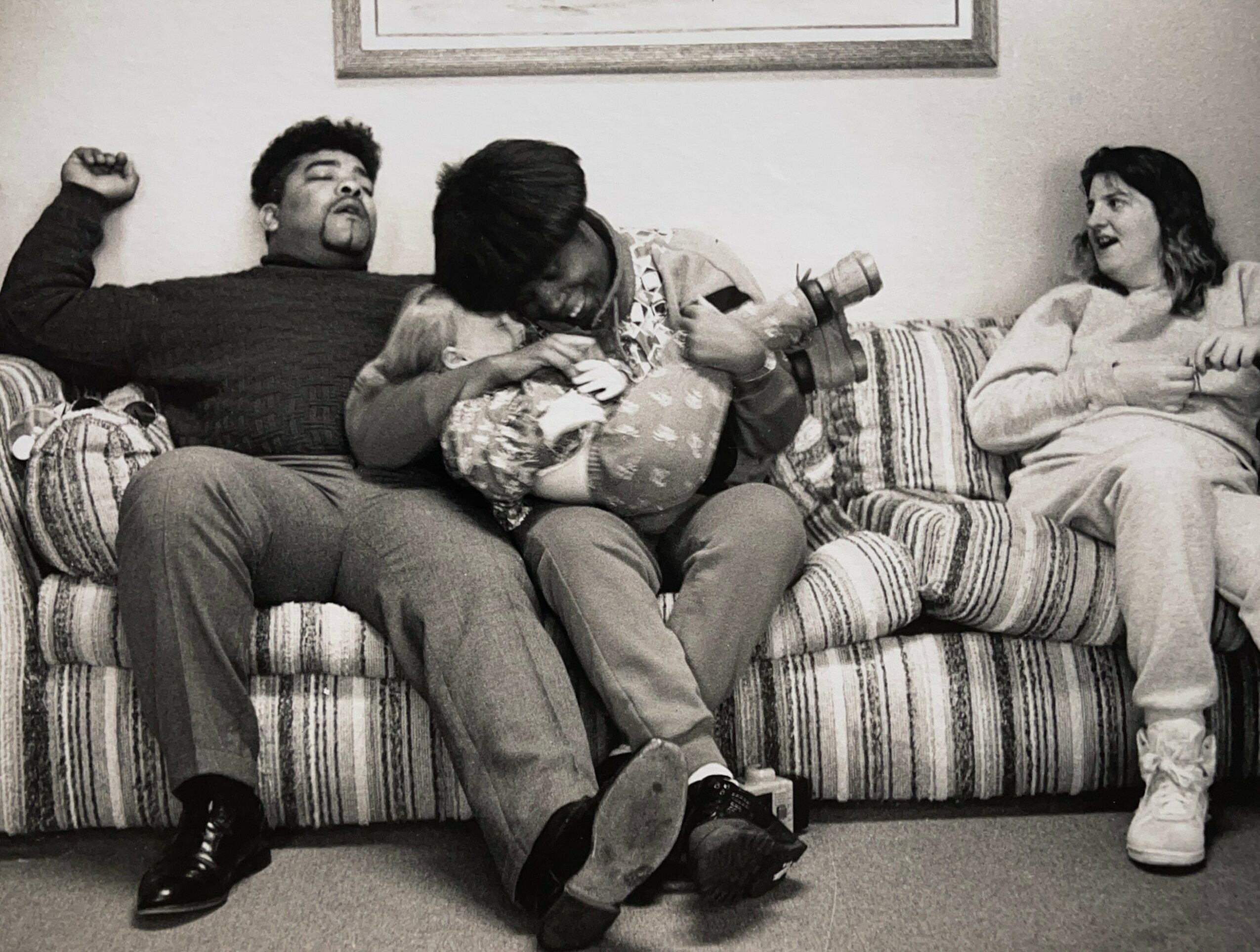
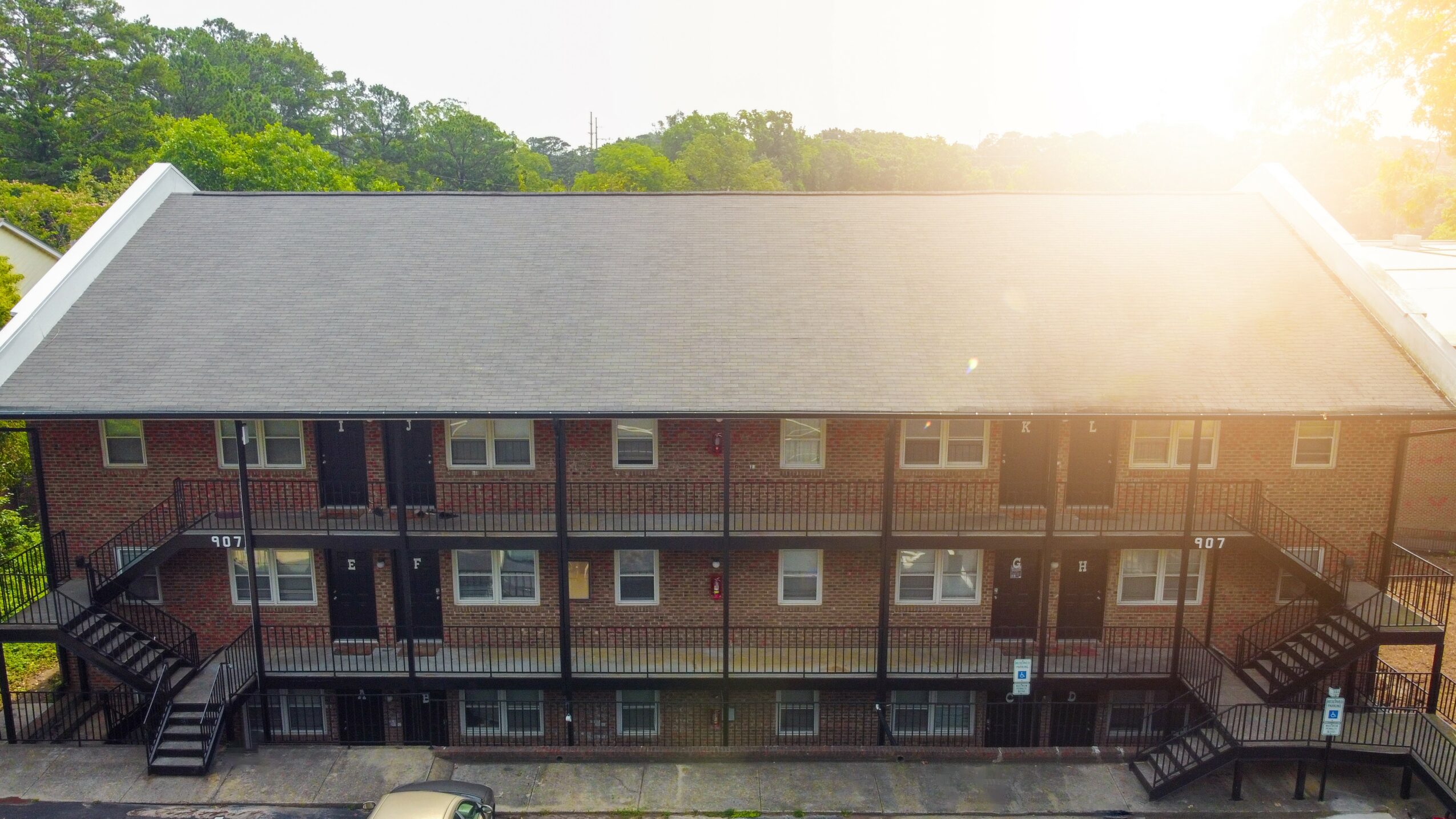
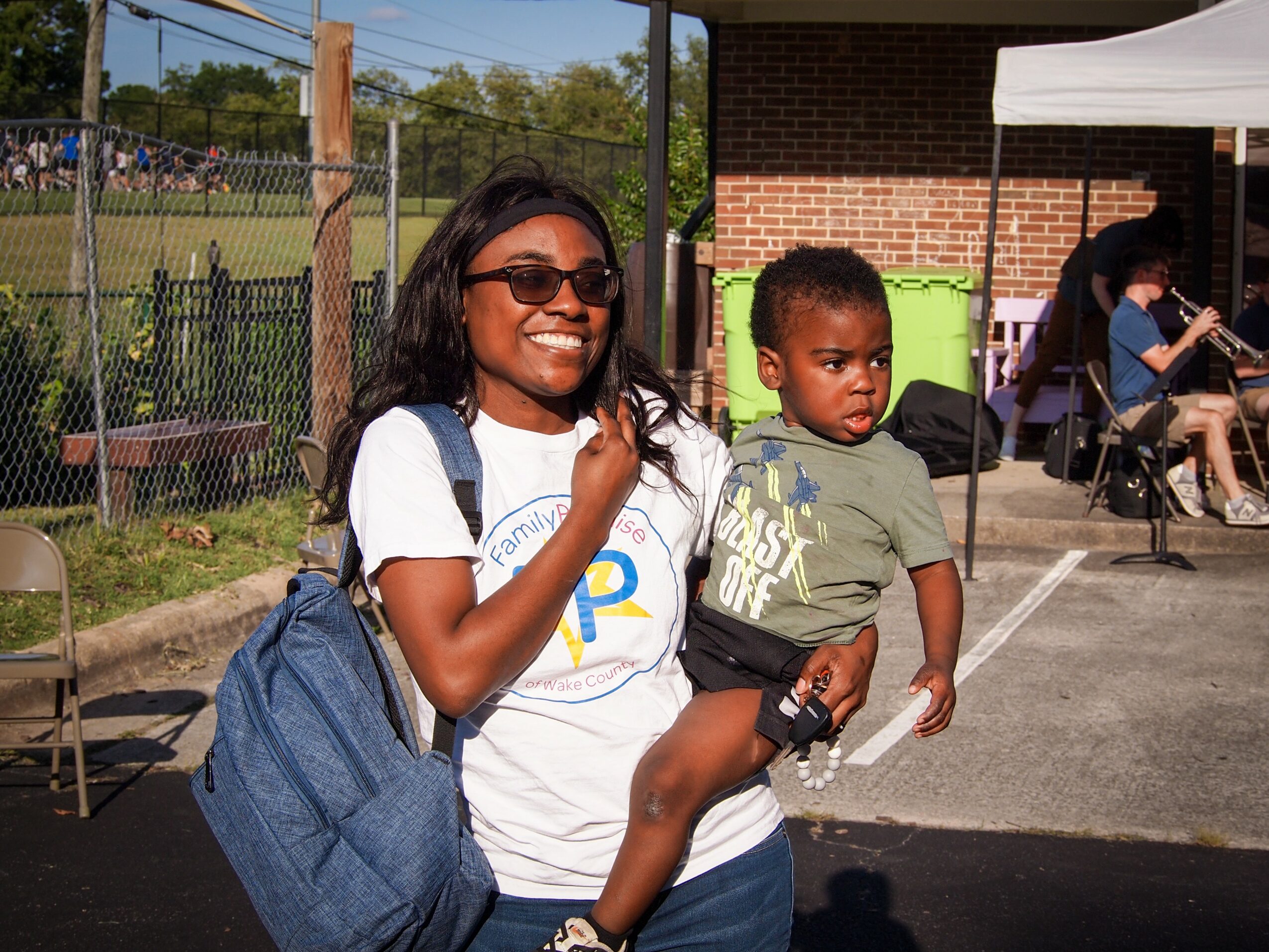
Image Credits
Jeff Babajtis











